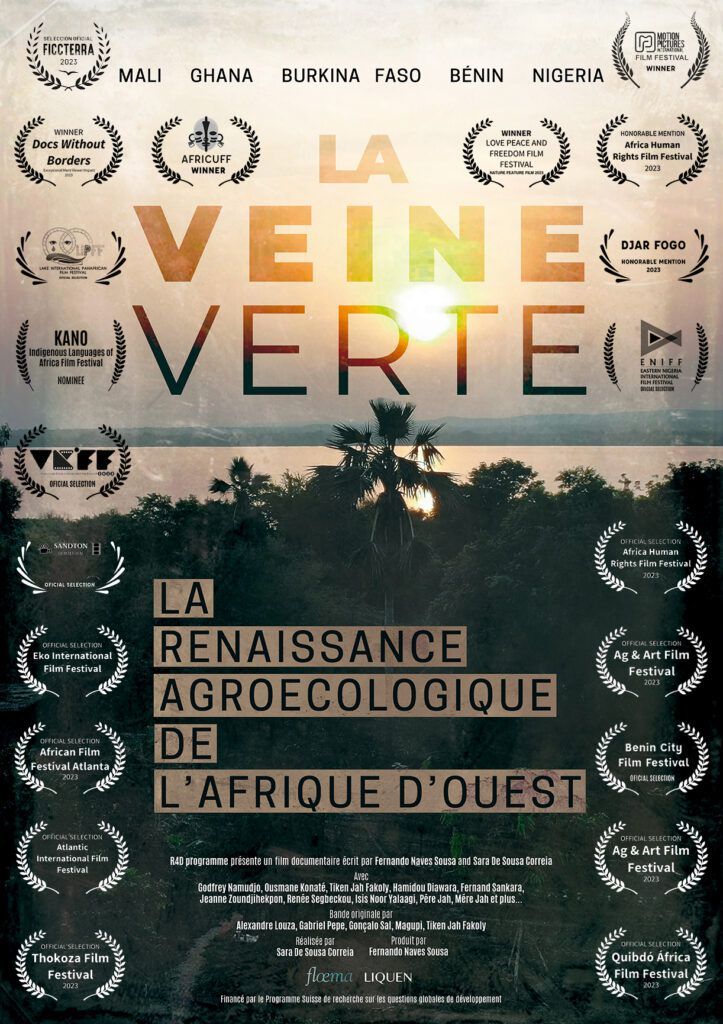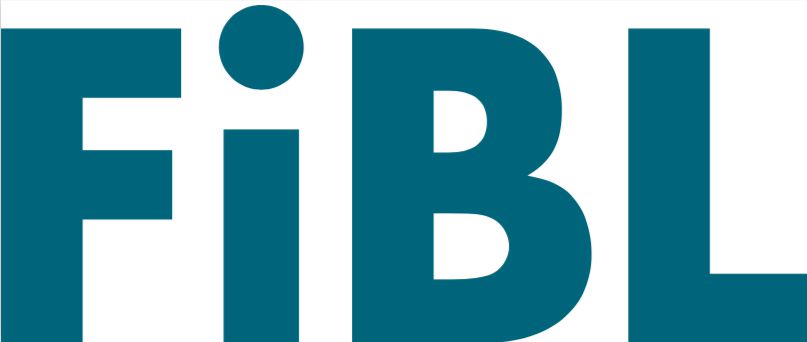"The Green Vein" documentary film: A journey through agroecology in West Africa
The documentary "The Green Vein" has been released to the general public after a series of screenings in more than 20 festivals throughout the world, winning four of them and receiving honourable mentions in two others. The film emerged from the Food Systems Caravan project, which was coordinated by FiBL Switzerland, and portrays positive and inspiring examples of agroecological initiatives in West Africa.

Across the fields, villages and urban spaces of West Africa, an agroecological movement is slowly taking shape. Cities like Bamako and Accra have increasingly higher numbers of organic urban gardeners, agricultural research institutions are turning their focus towards sustainable practices and Non-Governmental Organisations (NGOs) and citizen initiatives are working hard to promote agroecology as a systemic solution for many of the challenges the region faces. "The Green Vein" showcases the “agroecology rising in West Africa” and what the world can learn from it.
The Food Systems Caravan
The 90-minute film emerged from a project coordinated by FiBL Switzerland: The Food Systems Caravan. The project travelled by land through Mali, Burkina Faso, Ghana, Benin and Nigeria to learn from existing projects and initiatives as well as to contribute to strengthening the agroecological network and movement in the region. The Food Systems Caravan’s departing point was the existing network of four food security related projects in the framework of the R4D programme (Swiss programme for research on global issues for development), sponsored by the Swiss National Science Foundation and the Swiss Agency for Development.
The project organised conferences, workshops, study visits to key projects, open field days, open classes in university and schools as well as food festivals in the five countries between 2019 and 2021. The events focused on agroecology as a systemic solution to improve the sustainability of West Africa’s food systems and stimulated networking between organisations and citizens working in the movement who framed problems and solutions together.
Researchers, farmers’ representatives, agricultural extension officers, students, NGO workers, the private sector and policymakers were involved in the process and took the opportunity to collectively draft recommendations for better policies to improve the uptake of agroecological practices and approaches in the targeted countries.
From short videos to feature film
Sara de Sousa Correia, the film director who travelled with the caravan, was initially engaged in the project to produce short videos to showcase some of the visited initiatives. However, she admitted that "the footage and overall experience were telling a story that needed to be shared with the world": The story of a growing agroecological movement that is slowly changing the face of agriculture in West Africa. "The Green Vein" started taking shape in 2021, and a rough cut was used for screenings with farmers in Mali, Burkina Faso, Ghana, Benin and Nigeria.
The film was found to be a great tool to inspire and stimulate debate among all types of stakeholders involved in West African food systems. It was also referred by many as inspiring and restorative of a certain feeling of pride for West Africans, which is important for a region that does not always make the headlines for the best reasons. In 2023, an improved and final version of the documentary was submitted to festivals across Africa, North and South America, winning four of them and receiving honourable mentions in two others.
Now, "The Green Vein" is launched to the public for the first time and is available in English, French, Bambara, Spanish and Portuguese. Several screenings in rural and urban areas are planned in the next two years in the framework of the CARE project (Capitalization of Agroecological Research Evidence from the r4d programme in West Africa), which builds on and expands the network of the Food Systems Caravan. The film can hopefully continue to stimulate the debate about the sustainability of food systems and transition to agroecological approaches, but also to inspire change across the region.
Author: Fernando Sousa, FiBL


